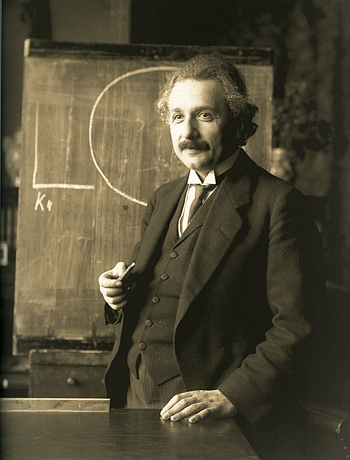It’s a dirty little secret that no one wants to discuss. It’s the seclusion, restraint, and aversives done to children in special education across our country. Seclusion and restraint are highly dangerous interventions that have led to death, injury, and trauma in children.
Think it doesn’t happen in this day and age. Think again. Children with autism are regularly and legally restrained and secluded against their will.
There is no federal law that protects children from seclusion/restraint. Bills have been introduced by Congressman George Miller (April 2011, the Keeping All Students Safe Act, H.R. 1381.) and Senator Tom Harkin (December 2011, the Keeping All Students Safe Act, S. 2020.)
Published in the January 2012 issue of Psychology Today, Kymberly Grosso, discusses this issue and what autism is like in real life. To learn more, click on the link below.http://
http://bit.ly/TsiIdS
And, if your special needs child comes home and is behaving differently, check for the signs below:
· Excessively withdrawn, fearful, or anxious about doing something wrong.
· Shows extremes in behavior (extremely compliant or extremely demanding; extremely passive or extremely aggressive).
· Doesn’t seem to be attached to the parent or caregiver.
· Acts either inappropriately adult (taking care of other children) or inappropriately infantile (rocking, thumb-sucking, throwing tantrums).
· Frequent injuries or unexplained bruises, welts, or cuts.
· Is always watchful and “on alert,” as if waiting for something bad to happen.
· Injuries appear to have a pattern such as marks from a hand or belt.
· Shies away from touch, flinches at sudden movements, or seems afraid to go home.
· Wears inappropriate clothing to cover up injuries, such as long-sleeved shirts on hot days.
If any of these signs are present, go directly to the school and start asking questions and/or observe the classroom.

